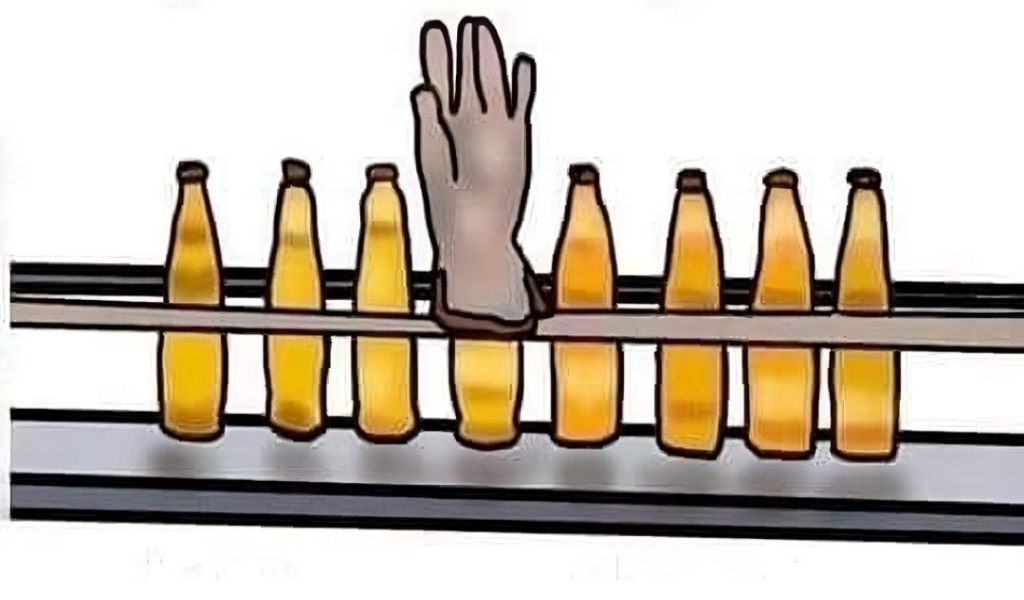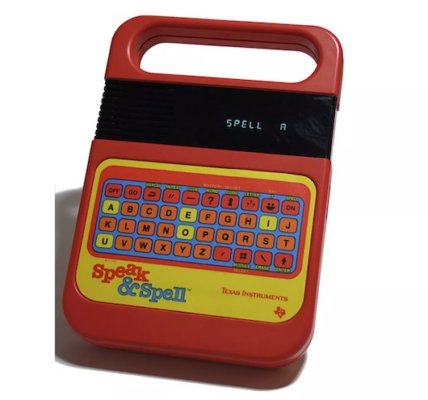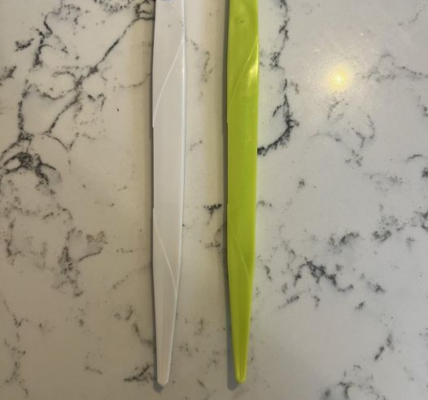Before smartphones, tablets, and the internet flooded the lives of children, entertainment came from simple, everyday items. Among these childhood amusements was the enchanting act of tapping glass bottles. Children would run a stick or their hand along a series of bottles lined up on a wall or table, creating a delightful array of sounds. This whimsical symphony captivated young imaginations and annoyed nearby adults—a nostalgic memory for many who grew up during a time when joy was found in simplicity.
The Symphony of Clinking Bottles

The beauty of tapping bottles lay in the varied sounds each one produced. Each bottle, depending on its size and shape, emitted a unique tone, turning a casual lineup of empty bottles into a miniature orchestra. Children would spend countless summer afternoons experimenting with different bottle combinations, rhythmically running sticks along them to create music. Unlike today’s digital devices, which do all the work, bottle tapping required creativity and a sense of discovery. This was play in its purest form—a way to make music from the mundane.
From Simple Fun to Endless Entertainment: How Play Has Changed
In today’s world, children have access to a vast array of electronic gadgets, interactive games, and complex toys that deliver a sensory overload. With a swipe or tap, they can dive into worlds filled with colorful characters, educational content, and addictive challenges. But with all the advancements in technology, something special has been lost. The humble act of tapping bottles may seem outdated compared to these sophisticated toys, yet it holds an appeal that transcends generations.
Why is this simple pastime so memorable? For those who grew up with it, bottle tapping evokes a sense of freedom and creativity that’s often missing from today’s structured play. With no instructions, no right or wrong way to play, and no scores or levels to achieve, the act of tapping bottles allowed children to freely explore the world around them.
The Cultural Shift: “Only Some of You Will Understand This”
The phrase, “Only some of you will understand this,” has become a way of acknowledging the generational divide between the simpler past and today’s tech-driven present. Those who understand the bottle-tapping reference are often reminded of a time when life wasn’t consumed by screens and digital alerts. It’s a phrase that carries a subtle nod to the carefree days of summer when kids didn’t need Wi-Fi to have a good time.
In today’s fast-paced world, there’s something almost revolutionary about this image. It invites us to consider how much we’ve changed—and how much we might gain by revisiting the simpler pleasures of life. For parents and grandparents, sharing these memories with the younger generation can be a way to bridge the gap, passing down stories and experiences that connect us all.
Why Simple Pleasures Still Matter Today
Despite our collective love for new gadgets and interactive experiences, there’s an undeniable charm in simplicity. Activities like bottle tapping remind us that sometimes, the most delightful experiences don’t need to be complicated. They teach kids to look at the world with wonder, turning everyday objects into tools for play and discovery.
Modern research even supports the importance of unstructured, imaginative play in child development. It fosters creativity, problem-solving, and resourcefulness—skills that are often lost in overly structured, technology-based activities. Encouraging children to step away from screens and explore the tangible world around them can offer valuable developmental benefits and create memories they’ll carry into adulthood.
How to Recreate the Joy of Simple Play with Today’s Children
Reviving bottle tapping, or similar activities, doesn’t take much. All you need is a line of bottles, jars, or even tin cans, and an old stick or spoon. Invite children to experiment with sounds, encouraging them to discover the music they can create with items around the house or in the yard. For those who grew up tapping bottles, sharing this activity can spark memories of their own childhood, creating new moments to treasure with the next generation.
Here are a few ideas for creating simple, engaging activities:
- Set up a Bottle Orchestra: Arrange bottles of different sizes and shapes, and let children experiment with the tones they produce.
- Play “Guess the Sound”: Blindfold the child and see if they can identify different items by their sounds when tapped. This adds a layer of fun and helps develop auditory skills.
- Outdoor Adventure: Challenge children to find objects in nature that produce different sounds. Sticks, rocks, and leaves can all contribute to their “natural symphony.”
These activities may not have the flashy appeal of video games, but they offer something far more valuable—time spent together, exploring, and imagining.
Conclusion: Rekindling the Spirit of Play
In an age dominated by digital entertainment, bottle tapping reminds us that joy doesn’t always require a power source or a screen. It speaks to a time when life was less complicated, and play was born from imagination rather than technology. By revisiting these simple pleasures, we can rediscover a sense of wonder in the world around us—and perhaps share that wonder with today’s generation, ensuring that the beauty of creative, unstructured play continues to inspire for years to come.



